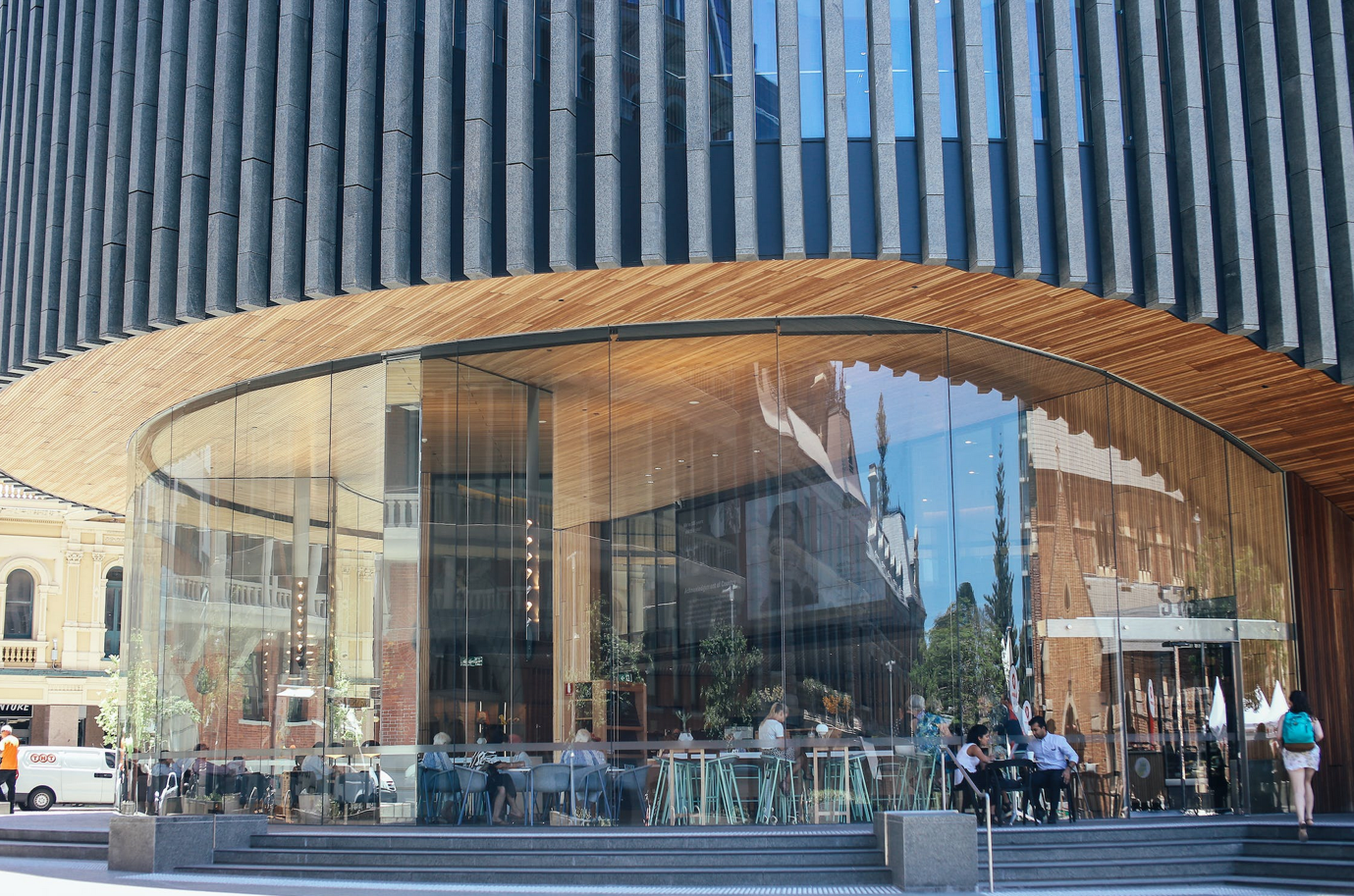Table Of Contents
Many people consider plastic and cosmetic surgeries as the same thing. The reality is that these medical procedures have a lot in common as they work to improve a person’s body. However, they are different on many fronts. The education and qualification of those practicing them are different in some aspects. Here are the differences between plastic surgery and cosmetic surgery.
What is plastic surgery?
Plastic surgery is broadly defined as surgical procedures that are both reconstructive and cosmetic. Reconstructive surgery aims to repair congenital deformities and alter the human body due to trauma and other issues. Reconstructive surgery includes other minor known surgeries such as hand surgery, microsurgery, and craniofacial surgery. Its main intention is to offer full functioning or improvement of body functions. Besides, it provides aesthetic value by improving the appearance of the area in question.
Cosmetic plastic surgery is all about enhancing the value of the body part aesthetically. It enhances features of the body, ensuring they work optimally according to patients’ wishes. With reconstructive surgery, most insurance companies usually cover it depending on the patient’s plan. An example is a broken pelvis and hip where a patient needs surgical intervention.
Reconstructive surgery is necessary to get the parts working, offering a semblance of normalcy once it’s healing. The procedure ensures that any ugly scarring and other deformities are removed to guarantee that it’s not strange. Cosmetic plastic surgery is after healing; however, patients have to work on the fine details. Although an accident causes deformity or scarring, the procedures done are for aesthetic value. Cosmetic plastic surgery is elective, and patients usually have to pay out of pocket to get them. The procedure is typically surgical but can be minimally invasive or even contain other forms of non-invasive techniques.
Some reconstructive surgeries include:
- Hand surgery
- Burn repair surgery
- Breast reconstruction (mastectomy and cosmetically enlarging and reducing its size)
- Leg and hip reconstruction
- Scar Revision Surgery
Benefits of plastic surgery
- Physical benefits
The primary benefit of plastic surgery is to heal and restore a patient’s underlying tissue and skin to make it functional and look natural to the naked eye. Surgeons work to remodel skin areas by disguising any abnormalities. The malformations or disfigurations may be from birth or caused by accidents.
- Emotional benefit
Plastic surgery is on areas that have disfiguration and look unnatural to what is considered normal. Some people with low self-esteem seek it. Patients who have had life-changing procedures, such as mastectomies, have the opportunity to get back to ‘normal’ as their body is restored to its original state, positively impacting the patient’s emotion.
What is cosmetic surgery?
Cosmetic surgery is purely aesthetic as there’s nothing physically wrong with the area before the procedure is done. Surgeons conduct cosmetic surgery to improve a healthy person’s appearance to what they desire. Insurance companies do not cover it, and patients have to pay for all procedures. It’s aimed at delaying or reversing the effects of old age, ensuring that the patients can maintain their youthful appearance.
A cosmetic surgeon aims to improve a patient’s appearance and perform a set of procedures and techniques focusing on upgrading their looks. The surgeries enhance the symmetry of any body part, proportioning it right depending on their desires. Plastic surgeons conduct it with the help of various doctors depending on the area of the surgery.
Some common cosmetic surgeries are:
- Body contouring, which includes a tummy tuck, liposuction, and gynecomastia treatment
- Facial contouring, including cheek enhancement, chin chiseling, and Rhinoplasty
- Breast enhancement, which includes breast lift, enlargement, and reduction
- Skin rejuvenation, such as laser resurfacing, filler, and Botox treatments
- Facial rejuvenation, including eyelid lift, beck lift, facelift, and brow lift.
With cosmetic surgery, the procedure has to ensure that the body parts undergoing alteration work optimally but give it a beautiful finish.
There are several benefits of cosmetic surgery.
- Physical benefits
Cosmetic surgery works to improve and offer appealing results to patients unhappy with a particular body part. Most people going after it have experienced changes though they can be minimal over some time. Most of these procedures include breast and stomach, restoring a patient’s body to its original state.
- Emotional benefit
An increase in confidence and physiological relief over the improved body part are some of the feelings patients have expressed after having the procedures done.
How does the education of plastic surgeons and cosmetic surgeons differ?
Procedures are done for plastic surgery, and cosmetic surgery has different outcomes, so does their training. There are usually residency programs with cosmetic surgery, but the surgeons have four medical backgrounds and are registered doctors in many medical fields. Specialty to get the experience is done for at least two years in a surgical field of their choosing before getting board certification. A fellowship program is often through seminars, workshops, and lectures.
Plastic surgeons have to follow the same path as cosmetic surgeons but need to have a residency completed, usually 5 years in plastic surgery. Since the training is the same, additional training for cosmetic surgery is unnecessary and optimal. However, working in the field calls for more experience by training programs for one or two years through fellowships and workshops to gain certification.
When opting for a cosmetic or plastic surgeon, ensure the surgeon has a board certification in their specialty. Besides, they should have experience working on the desired procedure and need to have performed it regularly. With new technology coming up, they should have additional training on new equipment in the market for better outcomes regardless of the procedure. It’s also essential to have high-quality care in place of practice; click here to see some good facilities. Most importantly, they should have positive reviews from previous patients with similarly high satisfaction rates. These guidelines ensure that a surgeon conducts the procedure correctly, presenting the patient peace of mind on their own experience.






